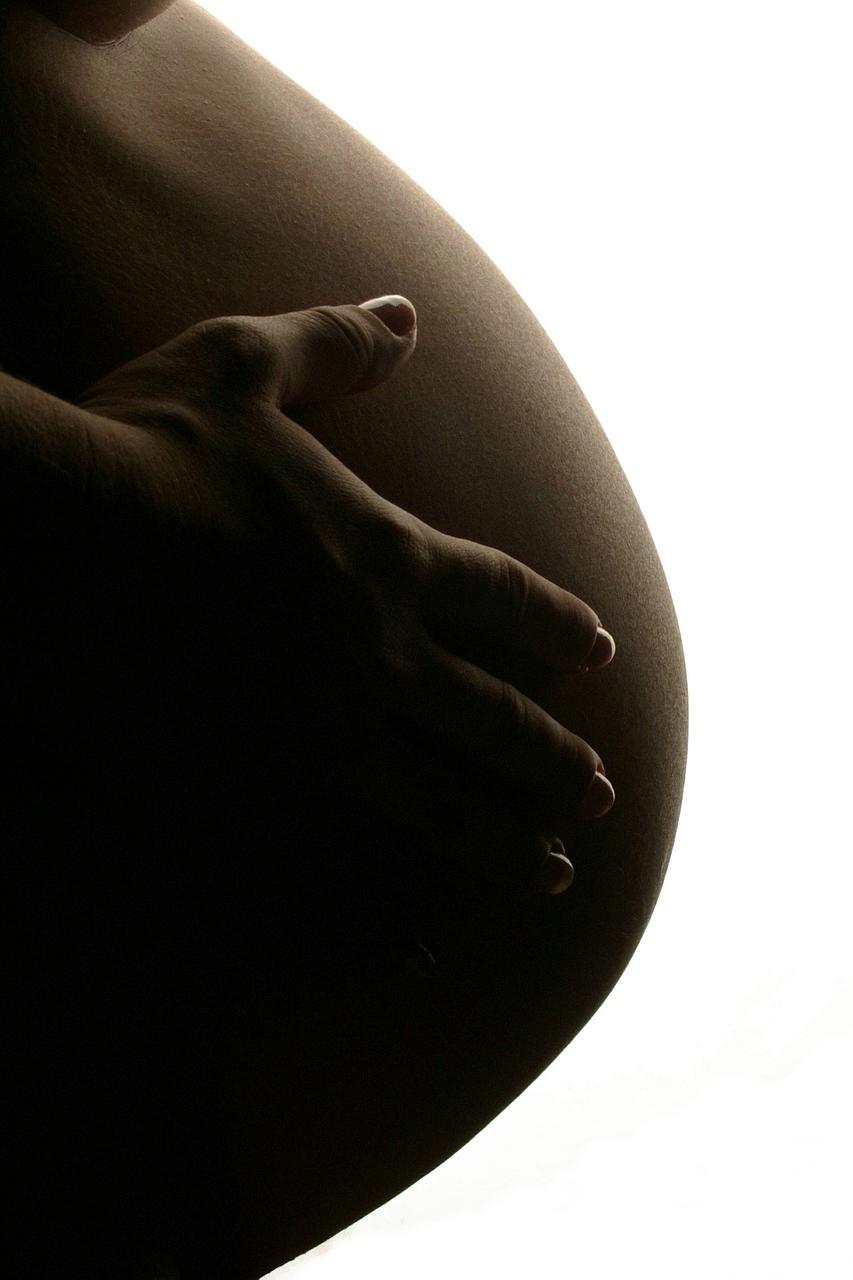Embarking on the journey of motherhood is an incredible experience filled with anticipation and wonder. At two weeks into your pregnancy, you may not even be aware that you are expecting yet. However, during this crucial early stage, subtle changes may be occurring in your body signaling the beginning of a miraculous process.
Sensitive Sense of Smell
One of the first signs of pregnancy at the two-week mark can be a heightened sense of smell. You may notice that scents which once seemed ordinary now evoke strong reactions. Certain odors that typically went unnoticed might suddenly become overpowering, potentially triggering feelings of nausea.
Aching or Tender Breasts
Another common symptom of pregnancy at two weeks is breast tenderness. Your breasts may feel sore or tender to the touch, and you might experience a sensation of fullness or heaviness in this area. These changes are due to hormonal fluctuations as your body starts preparing for the journey ahead.
Light Spotting
Some women may notice light spotting around the time of their missed period, which could indicate the implantation of the fertilized egg into the uterine wall. This spotting is typically much lighter than a regular period and may be one of the first signs that conception has occurred.
Changes in Cervical Mucus
At two weeks pregnant, you may observe changes in your cervical mucus consistency. The mucus produced by the cervix plays a crucial role in fertility and conception. During early pregnancy, it may become thicker and more abundant, creating a mucus plug to protect the developing embryo.
Emotional Changes
Although physical symptoms are more common, some women may also experience emotional changes at two weeks pregnant. You may find yourself feeling more emotional or sensitive than usual, experiencing mood swings, or having heightened feelings of happiness or anxiety.
Increased Fatigue
During the early stages of pregnancy, especially around two weeks, many women report feeling more fatigued than usual. This exhaustion can be attributed to the hormonal changes occurring in your body, as well as the increased demands placed on your system as it begins to support the growing embryo.
Changes in Appetite
Some women may notice changes in their appetite at two weeks pregnant. You might find yourself craving certain foods or experiencing aversions to others. These dietary shifts are often related to hormonal fluctuations and can vary widely from woman to woman.
Increased Urination
As your body adjusts to the changes brought about by pregnancy, you might find yourself needing to urinate more frequently than usual. This increased urge to empty your bladder is a common symptom of early pregnancy and is caused by hormonal effects on the kidneys.
Cramping
Some women may experience mild cramping at two weeks pregnant, which can be worrying. However, these cramps are usually normal and are often caused by the fertilized egg burrowing into the uterine lining. As long as the cramping is mild and not accompanied by severe pain or bleeding, it is generally nothing to be concerned about.
Headaches
Headaches can also be a symptom of early pregnancy at two weeks. Hormonal changes, increased blood flow, and fluctuating blood sugar levels can all contribute to the onset of headaches during this time. It’s essential to stay hydrated, get enough rest, and speak to your healthcare provider if headaches persist or become severe.
Conclusion
Two weeks into your pregnancy marks the beginning of a remarkable journey filled with physical and emotional changes. While every woman’s experience is unique, experiencing symptoms such as heightened sense of smell, breast tenderness, light spotting, changes in cervical mucus, emotional fluctuations, fatigue, changes in appetite, increased urination, mild cramping, and headaches can be indicative of early pregnancy. It’s essential to listen to your body, stay informed, and seek support from healthcare professionals to navigate this transformative time with confidence and care.

